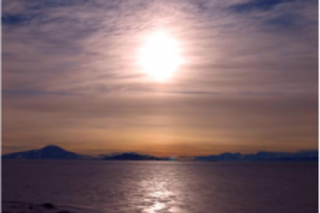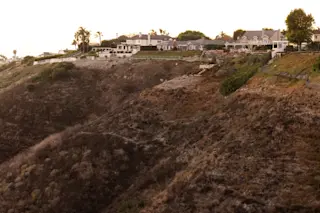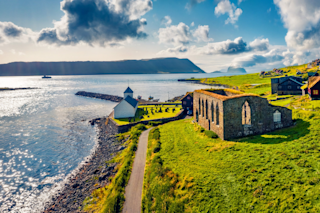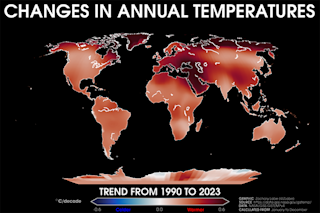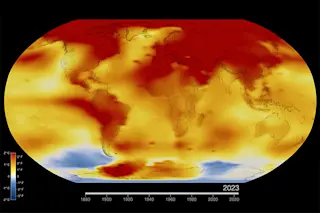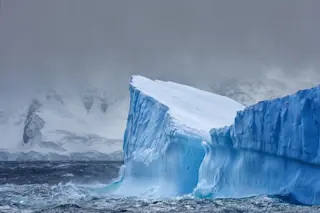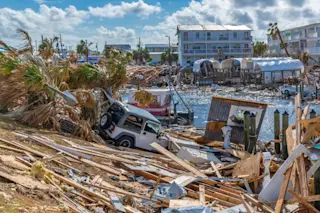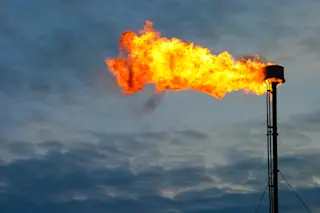On Christmas day the U.S. Antarctic Program released this image along with an update about their fast-approaching departure. Image courtesy of Whillans Ice Stream Subglacial Access Research Drilling. On Christmas day the British Antarctic Survey announced that it is pulling out of the race to drill into the pristine waters of an underwater lake in Antarctica, but Russia and the United States are hot on their heels to explore similar subglacial waters. These underground bodies of water are sealed below two miles of glacial ice and, in some cases, have existed unperturbed for tens of millions of years. Researchers from the three nations aim to drill into these hidden lakes in hopes of finding brand new forms of microbial life. The adaptations of these resilient organisms to harsh conditions may shed light on the evolution of life on Earth, and potentially other planets, too. Researchers anticipate the lake samples will ...
Nations Race to Drill Into Hidden Antarctic Waters
Explore subglacial lakes in Antarctica, where researchers aim to uncover microbial life and climate history records.
More on Discover
Stay Curious
SubscribeTo The Magazine
Save up to 40% off the cover price when you subscribe to Discover magazine.
Subscribe

